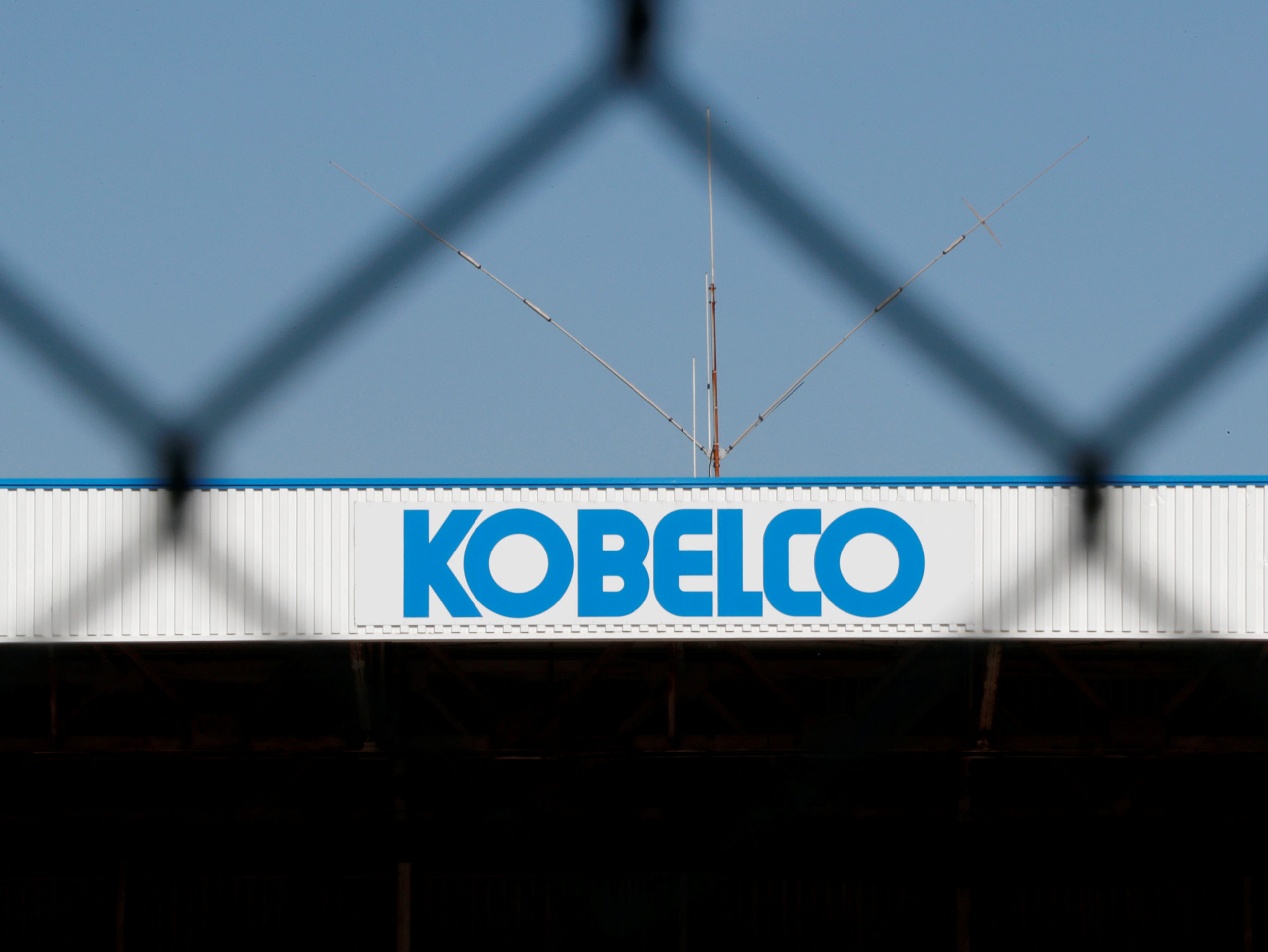Kobe Steel’s U.S. unit signs technology deal with Sweden’s H2 Green Steel
H2 Green is building a plant in northern Sweden that aims to drastically lower emissions from steelmaking.

TOKYO — Japanese steelmaker Kobe Steel Ltd said on Wednesday its U.S. unit, Midrex Technologies, has signed a contract with Swedish steel venture H2 Green Steel to supply its technology for a direct reduced iron plant running on 100 percent hydrogen.
H2 Green Steel plans to build a fossil fuel-free steel plant in northern Sweden, including a hydrogen facility, to make green steel that could reduce 95 percent of carbon dioxide emissions compared with traditional steelmaking using a blast furnace.
Cutting carbon emissions from steelmaking, which accounts for about 7 to 9 percent of global CO2 emissions, is a key effort to fight climate change.
[Pulling power: the green lure of Sweden’s industrial far north]
The new plant, to be provided by a consortium of Midrex and Luxembourg-based engineering company Paul Wurth, will be the world’s first commercial DRI plant using 100 percent hydrogen, Kobe Steel said, adding that production will start in 2025.
The Midrex’s plant will have an annual production capacity of 2.1 million tonnes of hot DRI and hot briquetted iron that will feed the production of initially 2.5 million tonnes of green steel in Boden in northern Sweden, H2 Green Steel said.
The bulk of the emission reductions will happen with Midrex’s technology when iron ore is reduced to sponge iron, it added.
Kobe Steel, Japan’s third-biggest steelmaker, also said it has decided to invest in H2 Green Steel and is in talks with the Swedish company for the possible purchase of green HBI.
Details of the investment have not been decided, a spokesperson at Kobe Steel said.
Another Swedish green steel venture HYBRIT started test operations at its pilot plant for fossil-free steel in Lulea, Sweden, in 2020, with an aim to achieve full commercial production in 2026.
Reporting by Yuka Obayashi.